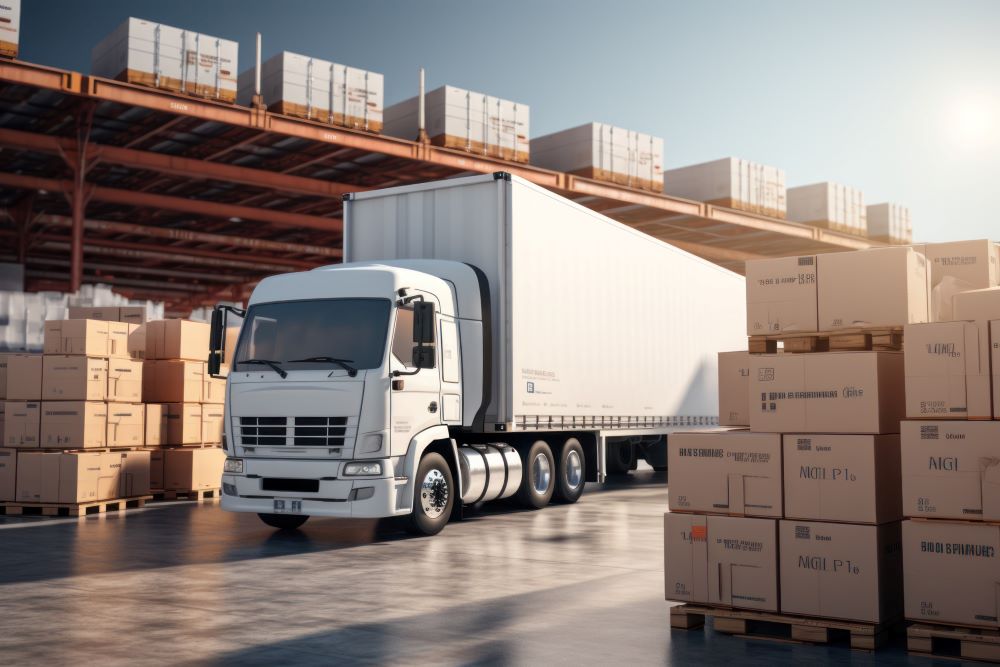
Image Source: Google
When it comes to the world of logistics, there are numerous factors to consider to ensure your operations run smoothly. Among these considerations, insurance plays a critical role in protecting your business from unforeseen circumstances that could disrupt your supply chain. Navigating the complex landscape of logistics insurance can be challenging, but with the right information, you can make informed decisions to safeguard your operations.
Understanding Logistics Insurance
Logistics insurance is a type of coverage that protects businesses involved in the transportation and storage of goods. Whether you are a freight forwarder, carrier, warehouse operator, or third-party logistics provider, having the right insurance in place is essential to mitigate risks associated with moving goods from one point to another.
Types of Logistics Insurance
- Freight Insurance: Provides coverage for goods while they are in transit, protecting against loss or damage.
- Warehouse Insurance: Covers goods stored in a warehouse, safeguarding against theft, fire, or other damage.
- Liability Insurance: Protects businesses from third-party claims for bodily injury or property damage arising from logistics operations.
- Cargo Insurance: Specifically covers the cargo being transported, providing protection in case of theft, damage, or loss.
Factors to Consider
Risk Assessment
Before selecting a logistics insurance policy, it is crucial to conduct a thorough risk assessment to identify potential vulnerabilities in your supply chain. Consider factors such as the types of goods you transport, the regions you operate in, and the mode of transportation used.
Policy Coverage
When reviewing insurance options, pay close attention to the coverage provided by each policy. Ensure that the policy addresses your specific needs and offers adequate protection against potential risks. Look for policies that cover both physical damage to goods and liability risks.
Cost and Deductibles
While cost is an important consideration, it is essential to strike a balance between affordability and comprehensive coverage. Evaluate the premiums, deductibles, and limits offered by different insurance providers to find a policy that fits your budget while providing sufficient protection.
Choosing the Right Insurance Provider
Industry Experience
Look for insurance providers with experience in the logistics industry. Providers familiar with the unique challenges and risks associated with logistics operations are better equipped to offer tailored insurance solutions to meet your specific needs.
Reputation and Financial Stability
Research potential insurance providers to assess their reputation and financial stability. Choose a provider with a track record of reliability and prompt claims processing to ensure a seamless experience in the event of a loss.
Customizable Policies
Opt for insurance providers that offer customizable policies to accommodate the unique requirements of your business. A flexible policy that can be tailored to your operations ensures that you have the necessary coverage without paying for unnecessary extras.
Claims Process
Documentation
In the event of a loss, it is essential to promptly gather and submit all relevant documentation to support your claim. This may include proof of loss, invoices, bills of lading, and any other pertinent information requested by the insurance provider.
Communication
Maintain open communication with your insurance provider throughout the claims process. Keep them informed of any developments and provide requested information in a timely manner to expedite the resolution of your claim.
Resolution
Work closely with your insurance provider to reach a satisfactory resolution to your claim. Be prepared to provide additional information or documentation as needed and follow up regularly to ensure your claim is processed efficiently.
Conclusion
Logistics insurance is a critical component of risk management for businesses involved in the transportation and storage of goods. By understanding the types of insurance available, assessing your risks, choosing the right provider, and familiarizing yourself with the claims process, you can navigate the world of logistics insurance with confidence. Protect your operations and ensure continuity in your supply chain by investing in comprehensive insurance coverage tailored to your specific needs.